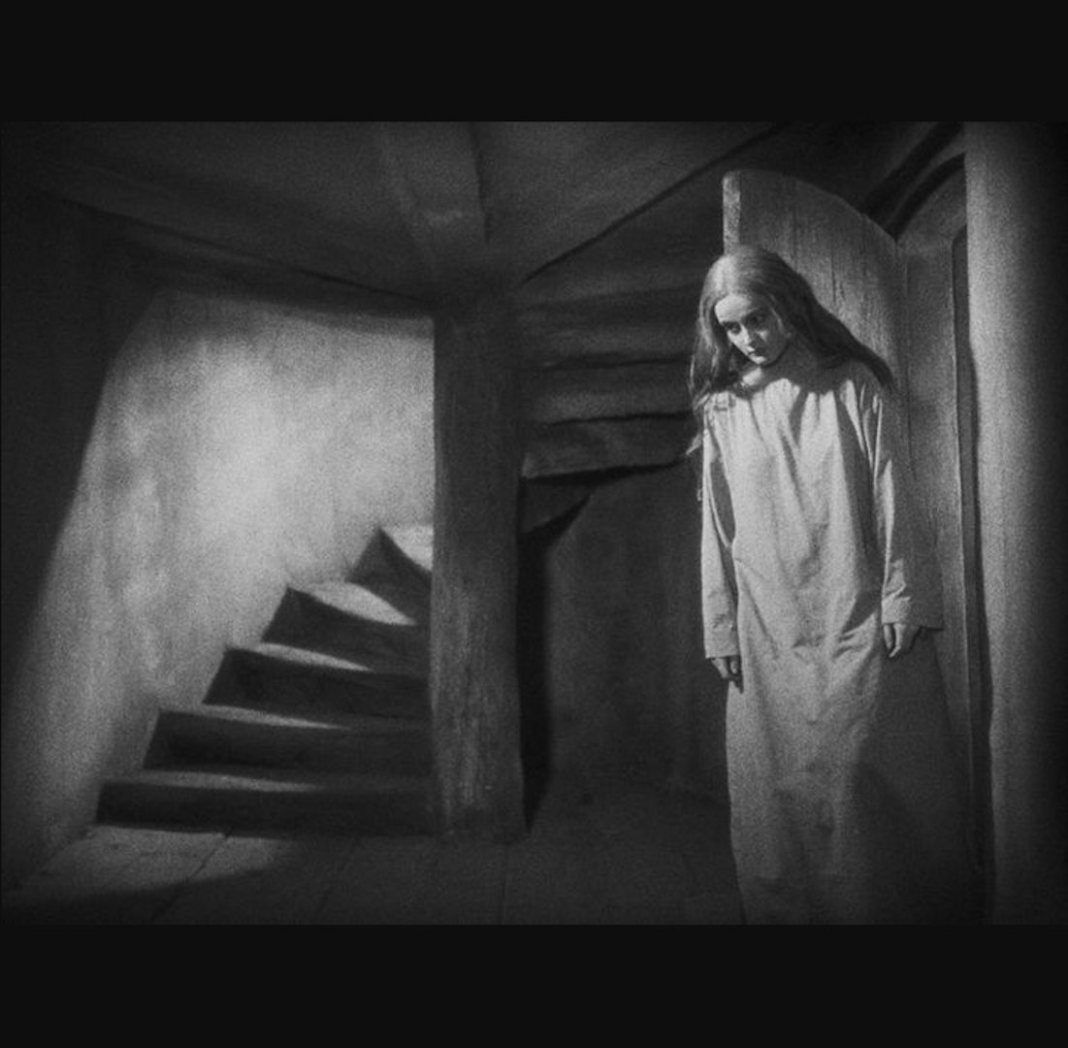HOLLYWOOD HILLS—Silent Films Live III, a series of benefit concerts, will be held at Bandrika Studios on April 14 at 8 p.m. and April 15 between 1 p.m. to 8 p.m. All of the proceeds will be given to Education Through Music-LA’s In School Music Education Program which provides comprehensive music education to at-risk schools and underserved communities across Los Angeles.
The event features Hollywood’s original 1,500 pipe Wurlitzer organ which dates back to 1928, when it resided on the Fox Studios lot. The organ was used in classic film scores including “The Sound of Music,” “Journey to the Center of the Earth,” “Patton” and others. The program will feature seven silent films performed by the USC Trojan Chamber Orchestra along with a special 100th anniversary presentation of silent film star Harold Lloyd’s “Safety Last.” Lloyd’s granddaughter, Suzanne Lloyd will be hosting the event and the award-winning conductor Angel Velez will be conducting the orchestra.
The concert brings together a group of highly acclaimed film and visual media composers to “help reimagine new scores to classic silent films.”
The films being featured are:
“Robin Hood” – original music by Emilie Bernstein (Landis: Just Watch Me, Prisoner of the Prophet)
“Why Worry?” – original music by Jeff Cardoni (Tony Hawk: Until the Wheels Fall Off, Me Time)
“Metropolis” – original music by Jesse Carmichael (Maroon 5, Thrive)
“The Lost World”- original music by Sherri Chung (Kung Fu, Riverdale)
“Faust” – original music by Chanda Dancy (Devotion, Whitney Houston: I Wanna Dance with Somebody)
“Sherlock Jr.” – original music by Daniel Hart (Pete’s Dragon, The Old Man and the Gun) & Natalie Holt (Obi-Wan Kenobi, Loki)
“The Cure” – original music by Arturo Sandoval (The Mule, Richard Jewel)
Roger Ebert explained in an interview that the 1927 film Metropolis was “one of the great achievements of the silent era,” and that it “was a work so audacious in its vision and so angry in its message that it is, if anything, more powerful today than when it was made.”
Lane Roth of Film Quarterly called “Metropolis” a “seminal film” because of its concerns with the “profound impact technological progress has on man’s social and spiritual progress” and concluded that “ascendancy of artifact over nature is depicted not as liberating man, but as subjugating and corrupting him.”
A 2006 review of “Faust” in The New York Times called it “one of the most astonishing visual experiences the silent cinema has to offer.” When the film first came out in 1926, German critics disliked the adaptation, Gösta Ekman’s performance and it was a failure in the box office. Shinji Aoyama, a Japanese film director, considers “Faust” to be one of the greatest films of all time.
A silent auction will also be held at 7 p.m. before the showing on both the 14th and 15th. Tickets range from $50 to $100 and are available at: www.silentfilmslive.com.






